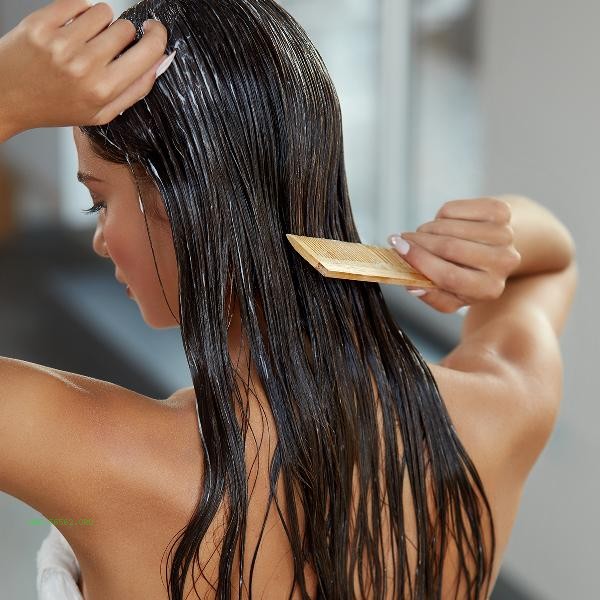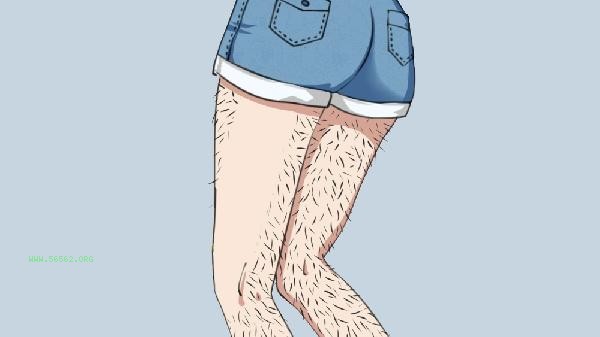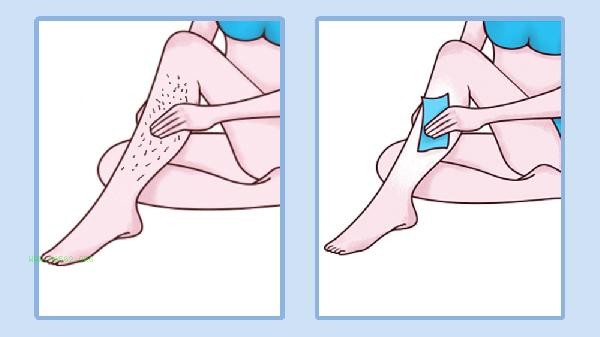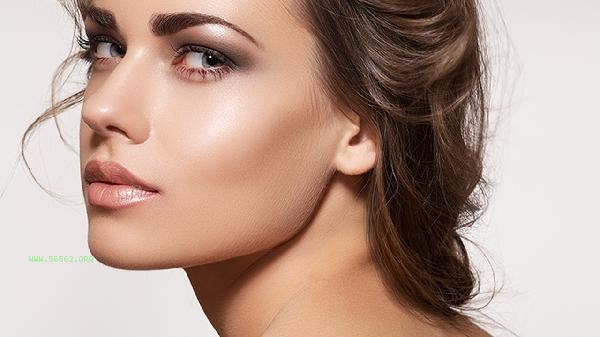An 8-year-old girl with lip hair usually does not require excessive intervention and may be related to genetics, hormonal fluctuations, or endocrine factors. If accompanied by other abnormal signs, it is recommended that parents seek medical attention promptly to investigate potential diseases such as polycystic ovary syndrome.
1. Physiological factors
Thick lip hair in childhood is often related to genetic constitution, and some families have the characteristic of vigorous hair. At this point, it is important to observe and avoid using hair removal products or shaving to avoid stimulating hair follicles. Pay attention to maintaining local cleanliness in daily life and choose mild soap free children's cleansing products to reduce friction and irritation. Unstable hormone levels before puberty may also lead to temporary hair growth, which usually improves naturally with age.
2. Dietary Adjustment
Reduce the intake of high sugar and high-fat foods, and increase the intake of whole grains and dark green vegetables rich in vitamin B appropriately. Excessive dairy products may affect hormone metabolism, and it is recommended to limit daily milk consumption to no more than 300 milliliters. Moderate supplementation of plant-based foods such as pumpkin seeds and flaxseed is recommended, but attention should be paid to the risk of allergies. Avoid health supplements or tonics containing hormones to prevent external hormone interference.
3. Skin Care
Use a children's specific moisturizer to protect the skin around the lips and avoid the accumulation of melanin caused by dryness, which can worsen visual hair. When going out, do a good job of physical sun protection, as ultraviolet rays may stimulate hair follicle activity. Do not use alcohol based toners or exfoliating products during cleaning, gently wipe instead of rubbing. If there are signs of folliculitis, local application of erythromycin ointment or other antibiotics suitable for children can be used.
4. Endocrine assessment
If rapid weight gain, acne, or early menarche occur simultaneously, pediatric endocrinology should investigate conditions such as adrenal hyperplasia and thyroid dysfunction. Doctors may recommend testing for hormone levels such as serum testosterone and dehydroepiandrosterone. After being diagnosed with pathological hirsutism, medication treatment should be strictly followed according to medical advice, and adult beauty methods such as laser hair removal are prohibited for children.
5. Psychological counseling
Parents should avoid discussing their children's body hair issues in public to prevent feelings of inferiority. The natural phenomenon of hair growth can be explained through picture books, animations, and other forms to encourage children to accept their physical characteristics. If encountering ridicule in the school environment, it is necessary to communicate with teachers for correct guidance. Individuals with severe anxiety can seek guidance from a child psychologist, and it is not recommended to use any chemical hair removal methods before the age of 12.
The treatment of children's lip hair should follow the principle of minimal intervention and prioritize the exclusion of pathological factors. Daily intake of zinc rich seafood and nut foods can help regulate sebum secretion. Ensure sufficient sleep and regular exercise to avoid staying up late and affecting hormone rhythms. Regularly record changes in hair, and if it continues to worsen after puberty, medical intervention may be considered. Any previous treatment must be carried out under the guidance of a professional physician. Parents should establish a scientific understanding and avoid imposing adult aesthetic standards on children.








Comments (0)
Leave a Comment
No comments yet
Be the first to share your thoughts!